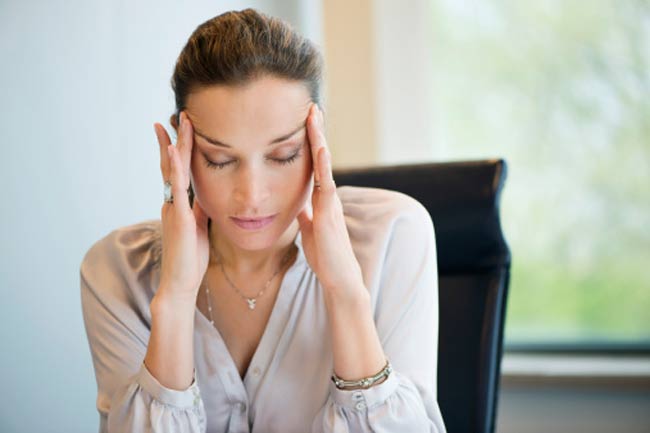
The methodological features of each study were examined to assess the validity of the effects. MethodsĪ literature search identified 57 experimental and 9 survey studies on caffeine withdrawal that met inclusion criteria.


The purpose of this paper is to provide a comprehensive review and analysis of the literature regarding human caffeine withdrawal to empirically validate specific symptoms and signs, and to appraise important features of the syndrome. Although tea doesn’t contain the highest concentration of caffeine compared to other caffeinated beverages, it can significantly contribute to your daily intake, especially if you drink more than one or two cups a day.Although reports of caffeine withdrawal in the medical literature date back more than 170 years, the most rigorous experimental investigations of the phenomenon have been conducted only recently. However, if you consume excessive amounts of caffeine, it can have the opposite effect and cause headaches. Since caffeine has vasoconstrictive properties, it narrows your blood vessels and that takes the pressure off the surrounding nerves that were sending pain signals to your brain. Headaches occur because of the increased blood flow around the brain. Not everyone who drinks tea, even in excessive amounts, will experience heartburn.

HeartburnĪpart from increasing stomach acid production, research shows that caffeine can relax the muscles between your oesophagus and stomach, which allows the acidic content from your stomach back into the oesophagus, which is what causes the feeling of heartburn. Also, keep in mind that the caffeine content of your tea gets higher the longer you steep it. Research shows that consuming up to 200 mg of caffeine a day will rarely result in anxiety, but that number is individual, as it depends on how sensitive your body is to caffeine. Black tea has the highest amount of caffeine one cup can contain as much as 90 mg. Restlessness, stress and anxietyĭepending on the variety, a single cup of tea can contain anywhere from 10 to 60 mg of caffeine. The best solution would be to never drink tea on an empty stomach, or to add milk to your tea, as tannin will bind to its proteins and carbs, so that it won’t irritate your stomach as much. This can result in stomach ache or nausea.ĭepending on how sensitive your body is, you can experience these symptoms even after one or two cups of tea. They have an astringent effect on your digestive tissue, meaning that they cause your cells to shrink. The bitter, dry taste of tea is the result of tannins.
CAFFEINE HEADACHE AND NAUSEA HOW TO
Here is what symptoms he says tea and coffee can cause and how to avoid the negative effects. READ MORE: What your tongue can tell you about your health Isaac Robertson, a health expert and co-founder of revealed what they are and how you can avoid them without entirely cutting out tea from your diet. Brits love a good brew, with approximately 100 million cups being drank across the UK every day - however, it is possible to have too much of a good thing.ĭrinking excessive amounts of tea can have side effects. Health experts have issued a warning to anyone who drinks too much tea or coffee.Ĭaffeine can have detrimental effects on your health, causing symptoms such as headaches, anxiety, and nausea.


 0 kommentar(er)
0 kommentar(er)
